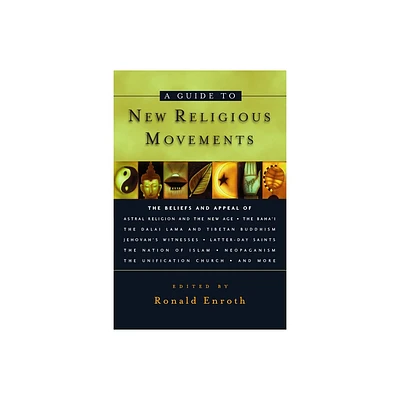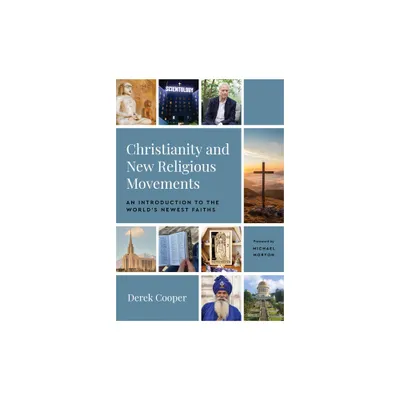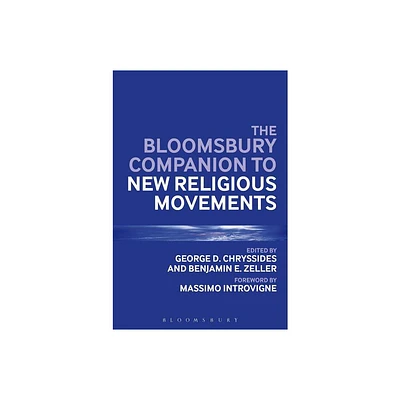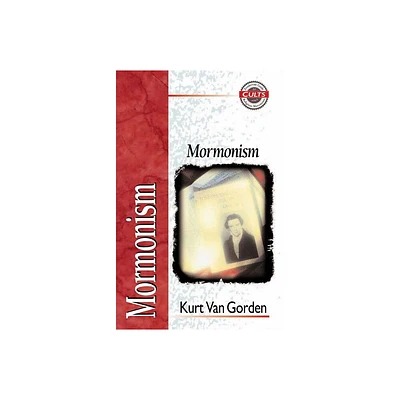Home
New Religious Movements: A Guide for the Perplexed
Loading Inventory...
Barnes and Noble
New Religious Movements: A Guide for the Perplexed
Current price: $130.00


Barnes and Noble
New Religious Movements: A Guide for the Perplexed
Current price: $130.00
Loading Inventory...
Size: OS
*Product Information may vary - to confirm product availability, pricing, and additional information please contact Barnes and Noble
New Religious Movements: A Guide for the Perplexed
examines the phenomenon of new faiths and alternative spiritualities which has become a feature of the contemporary world. Those interested in the spiritual dimension to life are no longer limited to the major world faiths, but can draw upon a rapidly-expanding range of new religions. Some of these are derived from the major religions, some are a re-working of ancient traditions, while others signify a completely new departure in spiritual experience. This book analyses the concepts we use to discuss new religions, and surveys a range of different movements which were established in the second half of the 20th century. Paul Oliver explores the organization of the movements, and the psychological aspects of life within them; the distribution of power and authority within movements; the position of women in relation to such organizations, and finally, the nature of the evolution and expansion of such movements in relation to post-modern society. This book is ideal for students wishing to understand the more perplexing elements of this contemporary phenomenon.
examines the phenomenon of new faiths and alternative spiritualities which has become a feature of the contemporary world. Those interested in the spiritual dimension to life are no longer limited to the major world faiths, but can draw upon a rapidly-expanding range of new religions. Some of these are derived from the major religions, some are a re-working of ancient traditions, while others signify a completely new departure in spiritual experience. This book analyses the concepts we use to discuss new religions, and surveys a range of different movements which were established in the second half of the 20th century. Paul Oliver explores the organization of the movements, and the psychological aspects of life within them; the distribution of power and authority within movements; the position of women in relation to such organizations, and finally, the nature of the evolution and expansion of such movements in relation to post-modern society. This book is ideal for students wishing to understand the more perplexing elements of this contemporary phenomenon.


















